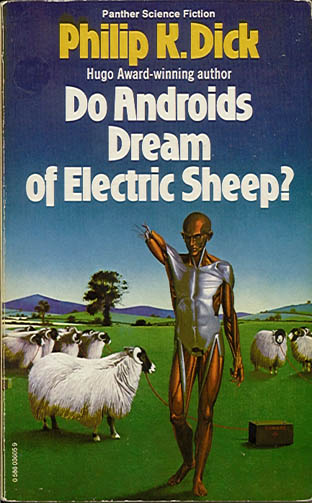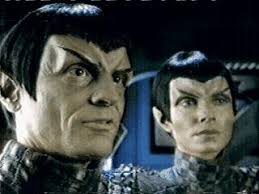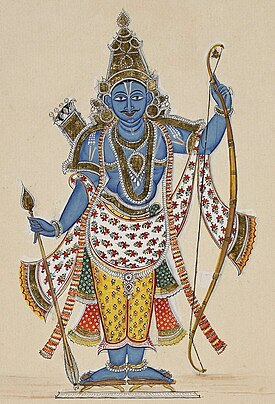This simple plot is the foundation of a complex study of humanity. Ender is the third born in his family, which is an embarrassment to his parents since population is strictly controlled and a third child is a symbol of pettiness and lack of patriotism. However, Ender's birth was ordered by the military. Peter, the eldest, had originally been the hope of the military but is sadistic and sociopath tendencies frightened them. Valentine was also promising but she had too much of what Peter lacked, empathy.
Ender was somewhere in the middle. Peter resents his brother because Ender's very existence is an enormous sign the Peter was inadequate. He often hurts and terrifies his brother. Peter is not the only one. Ender is bullied at school on Earth and during his military training. Ender, fearing that he will be continually bullied, pushes any physical assault to the limit anticipating that his enemy will never want to fight him again. Two of his attackers die as a result of his retaliation. His teachers and manipulators try to keep him ignorant of this but Ender eventually realizes what he has done. Ender sees his empathy as part of his darker side. He knows his enemy inside and out. When he attacks them, he knows them so well that he loves them they way they loves themselves. But it is that knowledge that allows him to beat them, that love that leads him to kill them.
The formics feel the same about humanity. They manipulate one of his games to reach out to Ender and understand him. They enter his dreams, communicating with him and learning about him and his species. When he arrives on one of their colony planets to govern the human pilgrims, he discovers an artificial landscape that had been shaped in his dreams and nightmares. It is there that he finds the queen's egg and learns completely about his enemies.
Ender does not have a chance to enjoy or experience childhood. His life is made of artificial and real challenges. He constantly struggles with the rest of humanity and with himself. His lessons are harsh as are his reactions. He is not able to trust anyone, even Valetine is used to manipulate him.
After Ender leaves, Peter struggles to destroy his own inner demons. He feels that his sadistic tendencies are wrong but he is driven to them and enjoys the suffering he causes. He convinces Valentine to help him channel his energy and help save humanity. Together the orchestrate political strife on Earth which errupts into a short war. At the end of the war, Peter is able to control humanity. While Peter is tempered into a politician, Valentine struggles to retain her identity as she is drawn to power and manipulation. Despite being children, their parents are nearly inconsequential. For all three children, adults cannot be trusted or relied upon. Their difficulties are faced as mature individuals. None of these children are given the possibility of childhood, they become wise and aged before their time.
Children playing war games, saving the world and the human race, it is difficult not to draw comparisons between this book and the very real and very tragic Children's Crusade. Those medieval children believed that in their very innocence lay their success. Since the crusades were wars of religions, the children who marched off to battle believed that their faith and purity would enable God to fully protect them and lead them to victory. Of course, that is not at all what happened. In Ender's Game, the children's innocence and purity are methodically destroyed, their trust violated, their faith in adults used against them. As soon as Ender discovers the motive behind the games, the rules change. His attempts to circumvent his manipulators only play into their hands, making him complicit and guilty even as he is incapable of escaping his fate and unaware of the consequences of his actions.
It is also easy to see this book as a critique of certain education systems, which are goal driven and do not prepare students for life (or peace). Actually, I doubt at all that Card had this in mind but I do. All of the children in the military academies realize that they can let their studies slip because the game is all that matters to their teachers. At the end of the war against the formics, none of those students will have skills relevant to a world without the constant threat of invasion. Ender sardonically notes that, due to his training and excellence in military tactics and murder, no one thinks he is capable of maintaining peace and order.
Most reviewers ignore the fact that the formics were not actually an invading force when Ender kills them. The formics were unaware that the humans were an intelligent species, treating them as one would treat a wild animal that attacked. The so called second invasion was an attempt to colonize Earth without hostile intentions. However, they were attacked and their queen destroyed. The main complication was communication. The fornics communicated telepathically, shared all information and knowledge automatically. They were incapable of speech and ignorant of language. And of course humans are incapable of telepathy. The feared third invasion never was. It was a preemptive strike, which means that the formics were defending themselves, their queen, their species. And yet, they held no hostility to mankind, no hatred to Ender. Like Ender, they learned to love their enemy. A rather Christian sentiment, powerful because it was complete love as humans can never truly feel toward their attackers. Unless you are the Dalai Lama.






